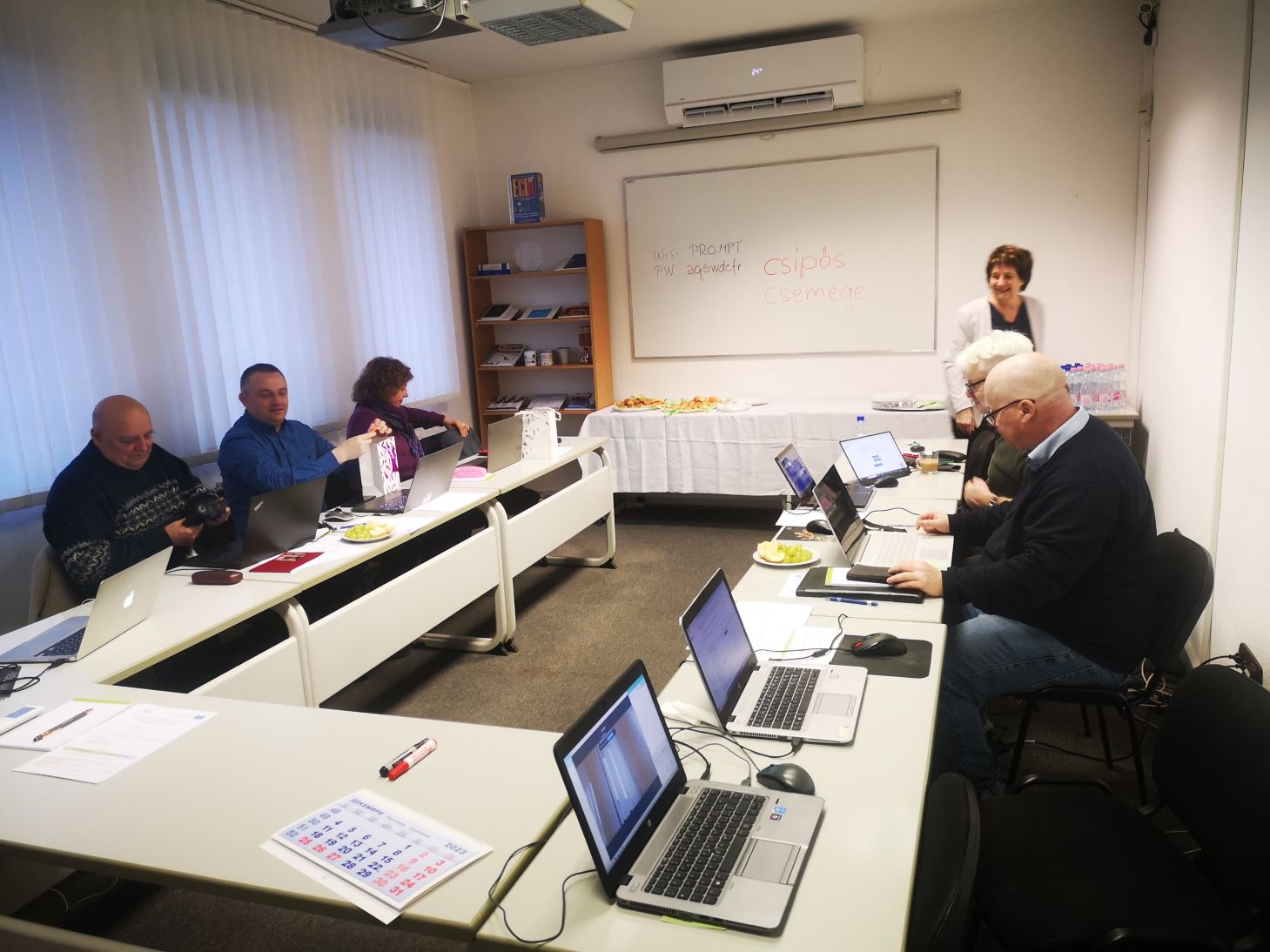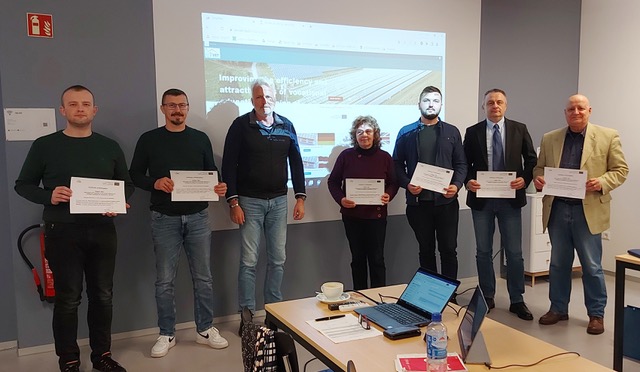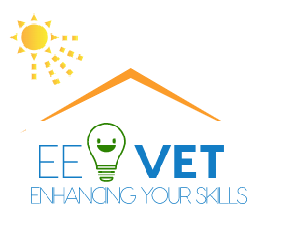Context
Introduction
The proposal for the project "WEB-based VET modules in the energy efficiency of intelligent buildings for electricians" corresponds to the Third Objective of the Osnabrück Declaration on Vocational Education (November 2020) and the Green Deal of the EC (December 2019). Vocational education needs to be targeted to supporting the "recovery from the COVID-19 Pandemic and the transition to digital and green economies". The transition to clean technologies and energyefficient applications is key to achieving the European Union's climate goals. By optimizing energy consumption and reducing energy losses, buildings installations will have less impact on the environment. The implementation of energyefficient technological solutions in the electrical installations of buildings and the implementation of the green transition requires qualified and trained professionals. According to the 10-year forecast of EuropeOn, the Association of Electric Contractors, in order to achieve the set climate goals, Europe will need to have enough qualified electricians who should be able to install 3,000 solar panels, 1,000 electric vehicles for recharging grease, and 15 000 heat pumps per day ... ”.
These data show the urgent need for staff with adequate skills to improve the energy efficiency of buildings. In this context, the project proposal aims to increase the professional skills and competencies of current and future electricians in the field of energy efficiency of the building electrical installations and thus help the European electrical industry to cope with the shortage of qualified professionals. By developing new professional skills and competencies to improve the building's energy efficiency, qualified electricians will be trained who will be a real engine of change - saving resources and compensating for the carbon footprint through the efficient use of energy in residential buildings.
Objectives
What do you want to achieve by implementing the project?
With the implementation of the project, up-to-date professional training on the energy efficiency of building electrical installations will be developed. It will result in trained qualified specialists who will be able to apply modern technological solutions, leading to a reduction of energy consumption of buildings and reduction of CO2 emissions. With the acquired knowledge and competencies, electricians will be able to control building automation, monitor energy parameters, and monitor all building equipment, which will result in energy savings and savings in the most economical way. The use of qualified specialists gives confidence that the appropriate level of energy consumption in buildings will be achieved. The use of web-based learning will also improve the digital competencies of both learners and their trainers. The training modules will be provided as open educational resources. Web-based modules will be available to all stakeholders, regardless of their economic background and place of residence, which will enhance the inclusive nature of Vocational Education. With trained and qualified electrical technicians, the project proposal will support the European VET in Electrical Engineering and will assist in achieving the objectives of the EC for Digital and Green Transition. Validation of certified learning outcomes will help to promote labor mobility in the EU labor market.

Improving the efficiency and attractiveness
of vocational education/training of electricians
Acronym: : EE-VET
Project ID: 2021-1-DE02-KA220-VET-000029591
Program: KA220-VET
Project Type: Cooperation partnerships in vocational education and training
Target group: Teachers and trainers working in VET schools
Beneficiaries: VET students
Participant countries: Germany, Hungary, Latvia, Bulgaria, Lithuania
Project start: 01-11-2021
Duration: 24 months
Latest Events
Representatives of the partner organizations in EE-VET project came together for the last time on 18th and 19th Janua

On September 8 and 9, 2023, the "Training of Trainers" event of the pr

The training for the trainers took three days, from 8 to 10 November 2023.


